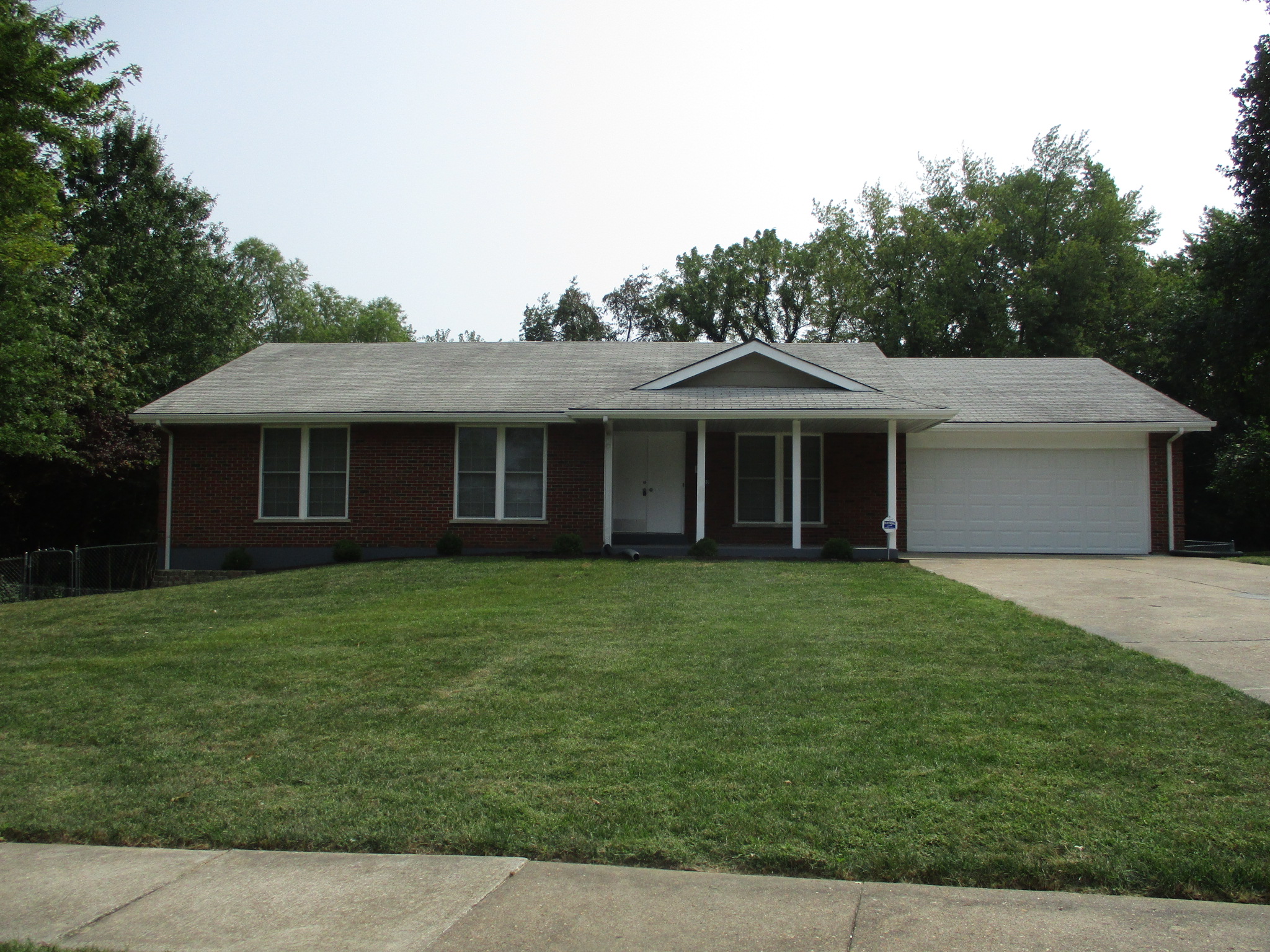 Tax advantages are one of the greatest incentives we have as real estate investors. This is especially true of buy-and-hold investors, who benefit from the government’s encouragement of long-term investing.
Tax advantages are one of the greatest incentives we have as real estate investors. This is especially true of buy-and-hold investors, who benefit from the government’s encouragement of long-term investing.
While there are many aspects of real estate tax law and incentives we could go over, we want to focus on perhaps the biggest of them all: depreciation.
What is Depreciation?
The concept of “useful life” informs depreciation and the standards that govern it. Physical assets for everyday business and maintenance can be written off on one’s taxes the year that they were purchased or across several years.
The idea is that these items all have a “useful life” and must eventually be replaced or repaired as their condition and value degrades over time. They wear down and wear out eventually.
Typical non-real estate spans for “useful life” are:
- 3-Year — Tractors, livestock, some manufacturing tools
- 5-Year — Computers, printers, business cars, construction assets, other office equipment
- 7-Year — Furniture, appliances, and other uncategorized property
Real estate is special. The IRS-designated “useful life” for residential real estate is 27.5 years. Commercial buildings have a useful life of 39 years.
Real estate is unique in that it is subject to depreciation under IRS guidelines, but the value of the property doesn’t typically degrade with time as it would for another asset. We know that real estate tends to grow in value over time. The actual reality of real estate’s “useful life” often comes down to how well it was constructed and maintained. That’s why we see some 15-year old homes that should be torn down and we have pristine homes dating back centuries that were impeccably built and kept by their owners.
As a real estate investor, the true “useful life” of your property can extend well beyond 27.5 years if you have a great management and maintenance team watching over it.
However, the IRS, to keep things simpler and more even, has designated this time frame as the standard for residential real estate.
So what do we do with it?
How Depreciation is Calculated
- Determine the basis of the property. This is the whole of the cost to acquire the home. The biggest factor in this is the cash or mortgage used to pay for the property. Other fees can contribute to the basis, including some closing and legal fees, back taxes, transfer taxes, and title insurance. With that said, some costs do not contribute to the basis of the property! It’s best to consult a tax professional to ensure that you are getting an accurate number.
- Separate property from land. Land is not considered depreciable, as it does not wear out over time. You can do this by referencing the fair market value of each at the time of purchase or on the most recent assessment of real estate tax values. Once you have these numbers separated, subtract land from property basis. This is the amount that can be depreciated.
- Adjust the basis. Where rental properties are concerned, an adjusted basis is often called for because of the improvements made between property purchase and being ready for rental. Renovations and improvements made that have a lifespan of more than one year factor into the number. Forced appreciation, then, can increase your property basis.
It’s important to note that for investors, depreciation begins once the property is in service — ready for residents or occupied. Once it’s “on the market” or occupied, depreciation begins in that month. Depreciation then continues until you take the property out of service — selling or trading it, turning it into a personal residence, or if it is destroyed or abandoned. It also ends when the full cost of the property basis has been deducted.
Why Depreciation Matters to Real Estate Investors
Depreciation provides the most significant tax reduction in the business. You can reduce your tax liability by thousands each year! For example, a property worth $200,000 would have an annual depreciation of $7,273.
For the real estate investor, that reduces the taxable portion of your rental income by $7,273. Combined with other deductions and benefits, this is how some real estate investors can write their year off as a loss even if they made money.
Just be aware: if you sell your property for more than its depreciated value, you’re subject to the depreciation recapture tax. As always, we recommend consulting a CPA or other tax professional when handling anything and everything tax-related. This way, you can maximize your benefits while avoiding costly mistakes!
Still, depreciation is one of the most powerful tools we have! Combined with appreciation, passive income, and other growing equity (among other benefits), these tax incentives help make real estate investment one of the best financial decisions you can make.
Take advantage of the big benefits of real estate investment and build your wealth!












